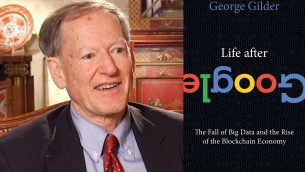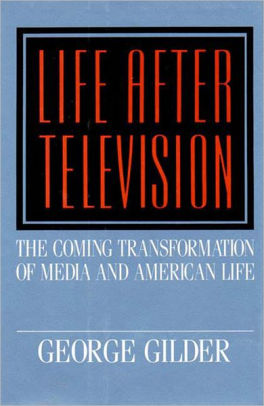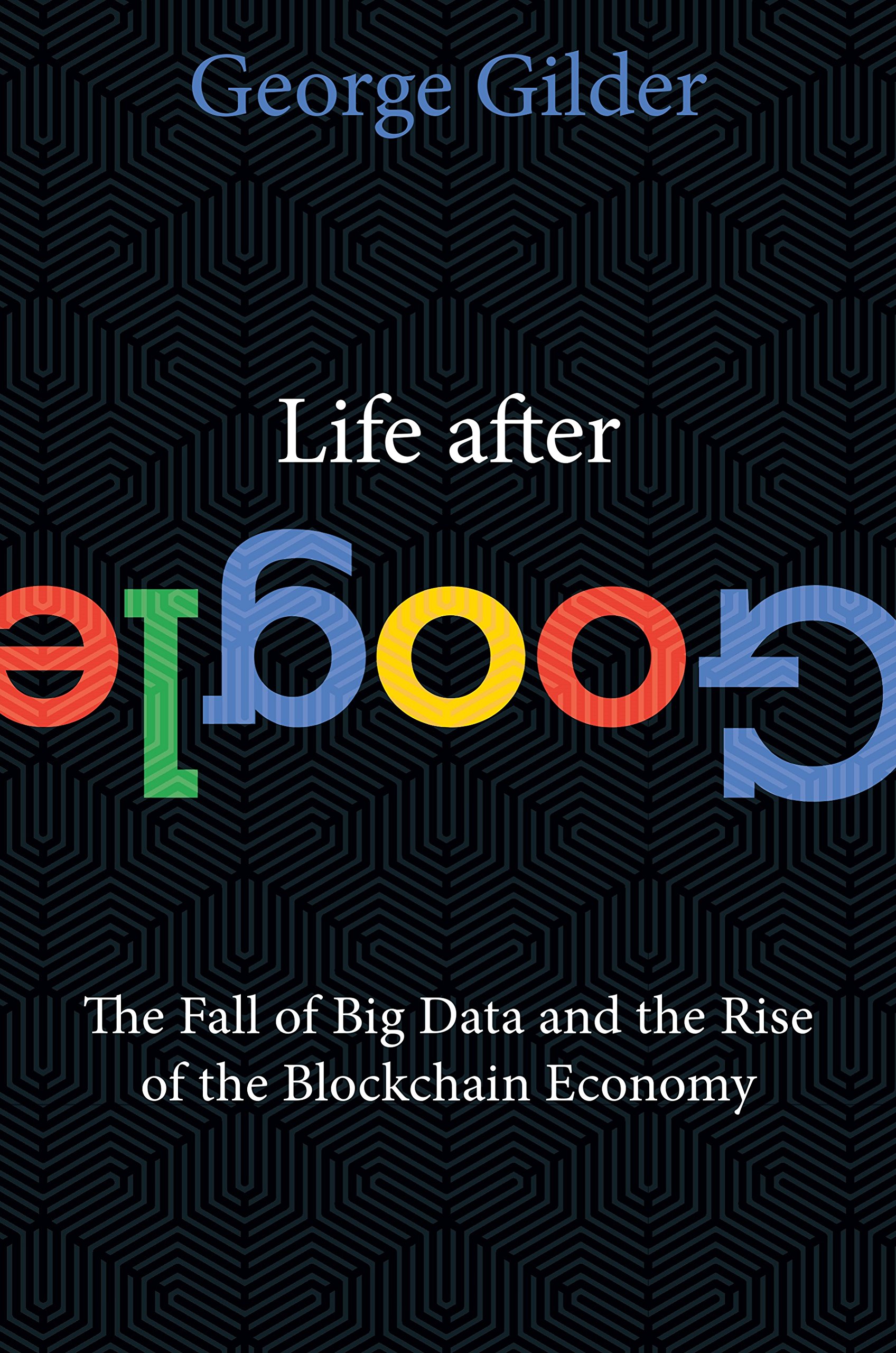Knowledge and Power
Don’t sit down with George Gilder’s Knowledge and Power with the idea that you are about to read a book. You are entering into an evening of rambling discussion with a thinker who is revisiting ideas that have animated him for almost half a century, as he delves more deeply into what he was trying to say all those years ago in Microcosm (or in the first version of Wealth and Poverty) or finally understands what Andy Viterbi of Qualcomm was telling him about information theory in 1993.
The work has the texture of a conversation, as threads are plucked, dropped, and found again a few chapters later. Tangents are in order, and tales from Gilder’s personal history, and an occasional rant that he just could not resist. Supply-side economics comes up, demand-siders are excoriated. The history of information theory is discussed, along with some of its broader concepts and extensions. Themes are stated but not explored in depth, often triggering a “but wait a minute . . .” reflex as some thought whizzes by.
Gilder wants an economics that focuses on this residual. Why think of equilibriums, which are boring and mostly transitory? The question is how to escape equilibrium, and advance. How does society harness human diversity of knowledge to this end, when “the war between the centrifuge of knowledge and the centripetal pull of power remains the prime conflict in all economies”? We need to “reconcil[e] the two impulses [by] a new economics, an economics that puts free will and innovating entrepreneurs not on the periphery but at the center of the system.”
In this view, the capitalist economy is a giant information system that provides feedback and knowledge to entrepreneurs about productive investment and creative possibility. In information theory, information is “surprise,” the unpredicted. A system full of possibilities for surprise is called “high entropy,” and a system with little such potential is “low entropy.” Message-carrying channels must be low entropy (which is to say, predictable) to allow high-entropy messages (those that carry meaning) to get through. Fiberoptic cable can carry unbelievable quantities of information precisely because the glass itself is so pure that any irregularity in the signal is detectable, and thus constitutes a “surprise,” a.k.a. “information.”
Book Review from The National Review, by James V. DeLong
Tags: George Gilder, Knowledge and Power: The Information Theory of Capitalism and How it is Revolutionizing our World
- The Author

George Gilder
**Exclusive CBC Author Interview with George Gilder** George Gilder is a New York Times bestselling author, journalist, and preeminent economic […] More about George Gilder.
- Books by the Author
- Related Articles

Episode #24 – George Gilder Interview: Google Marxism and the End of Privacy
Legendary economist and technological icon George Gilder tells the story of how Google took over the internet, ended our privacy[...]
5 Facts You’ll Need To Know About “Life After Google”
Are you ready for a "LIfe After Google"? Read our rundown of George Gilder's latest book "Life After Google" and[...]
Can the Gold Standard Bring Back A Golden Age? (Author Interview: George Gilder)
Famed economist and father of of supply-side economics, George Gilder, releases a new groundbreaking book promising to unveil a radical[...]


















